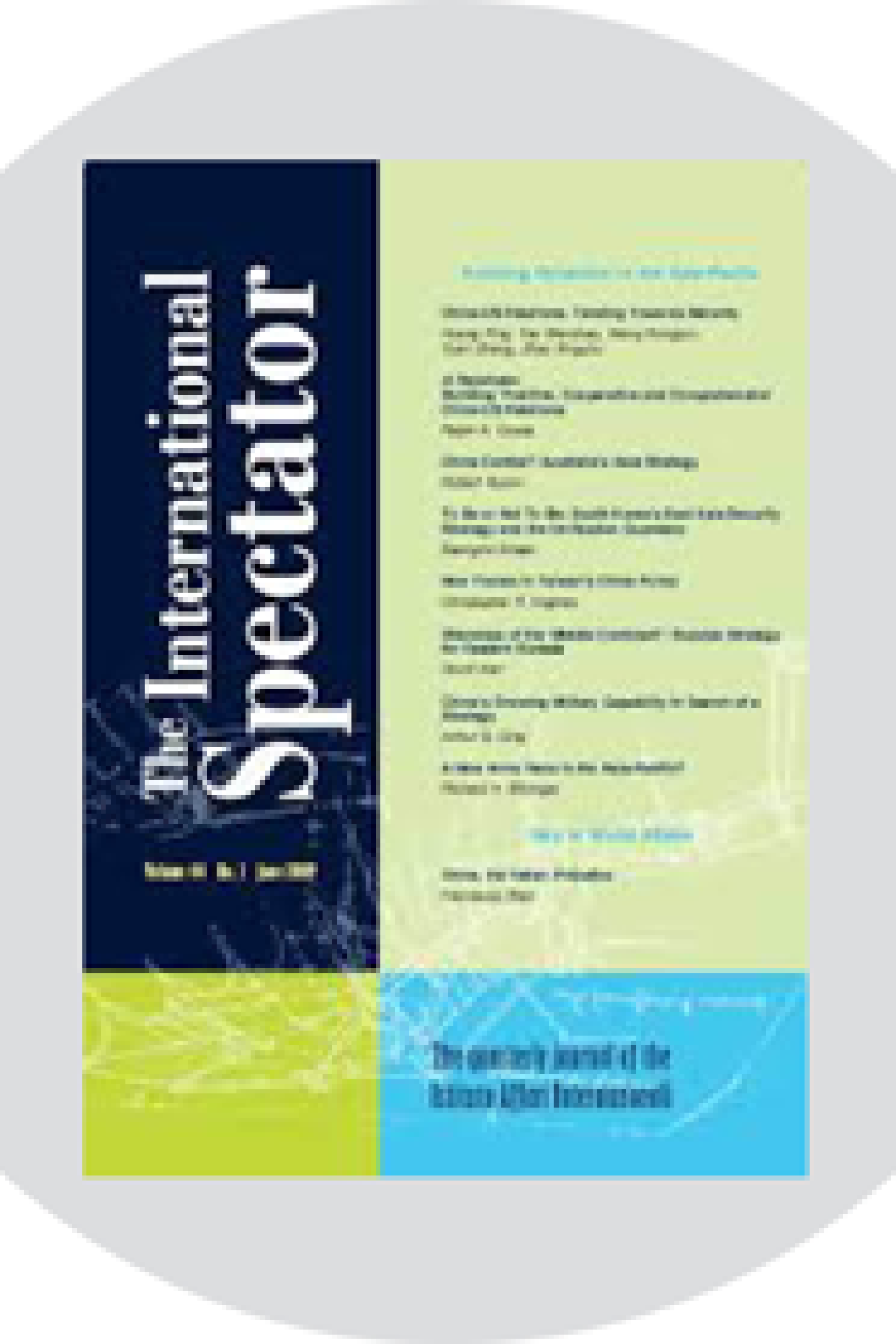New article by DPhil Matthew Willner-Reid explores dangers for multilateralism posed by referendums
A new article by DPhil Matthew Willner-Reid examines the tensions between referendums and multilateralism.
This article argues that direct democracy, in the form of referendums, may to pose a significant, and growing, danger for the future of multilateralism. Referendums are popular and are widely seen as embodying a legitimacy to which no other form of decision-making can aspire. This, combined with technological advances that will soon remove the cost impediment and make them much simpler to organise, is likely to lead to increased calls for their use.
If they become more common regarding decisions with international implications, they could, at the very least, introduce an element of instability into global politics as their outcomes are by nature extremely unpredictable and their potential impacts can be significant.
More problematically, there are risks that collective decision-making by citizens will prove to be less conducive to international cooperation than current models, which are based almost exclusively on representative bodies, and that, due to low levels of knowledge of highly complex issues with far-reaching international ramifications, voters in referendums may not always act in their own long-term interests. Furthermore, once decisions are adopted by referendum they tend to be endowed with a level of legitimacy that may significantly reduce the scope for later compromise or the pragmatic behaviour upon which international cooperation rests.
Finally, the system of multilateral cooperation may be more fragile than commonly assumed and a relatively few examples of non-compliant behaviour by states, on the basis of referendums, may be enough to seriously weaken a particular international regime, or to condemn it entirely.
Matthew Willner-Reid (2018) 'The Rise of Referendums: A Death Sentence for Multilateralism?' International Spectator, DOI 10.1080/03932729.2018.1438240

